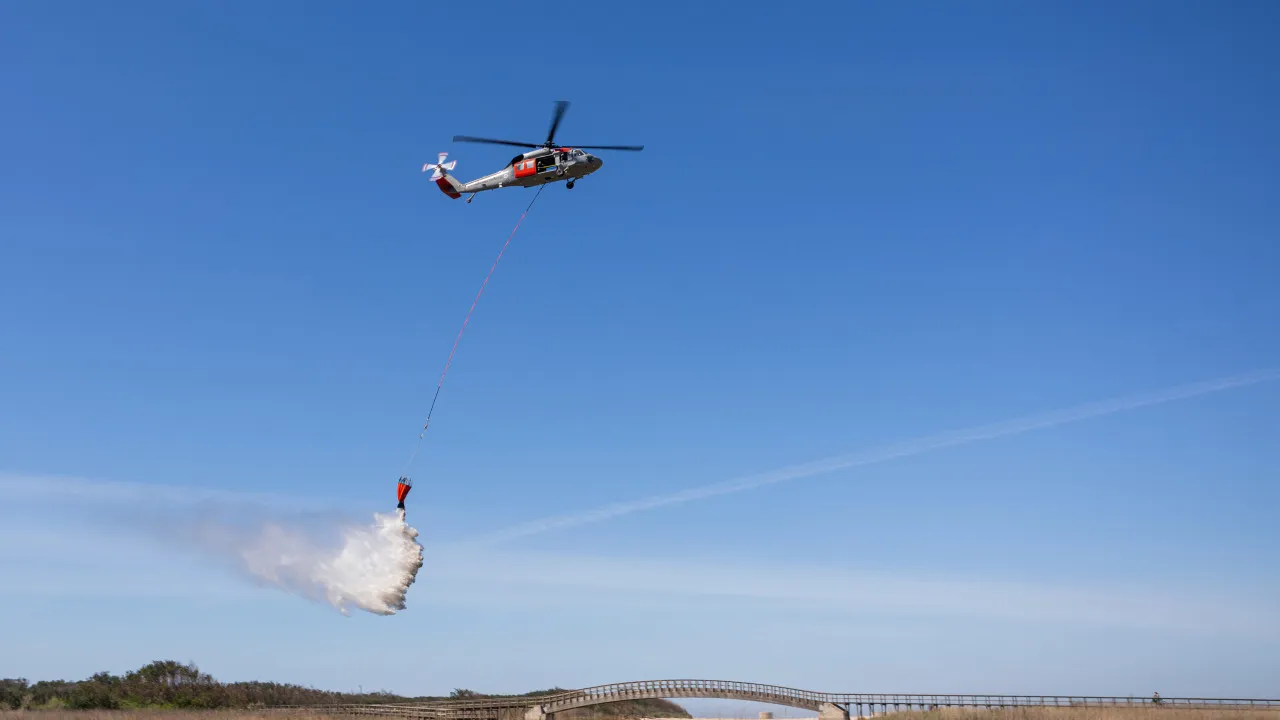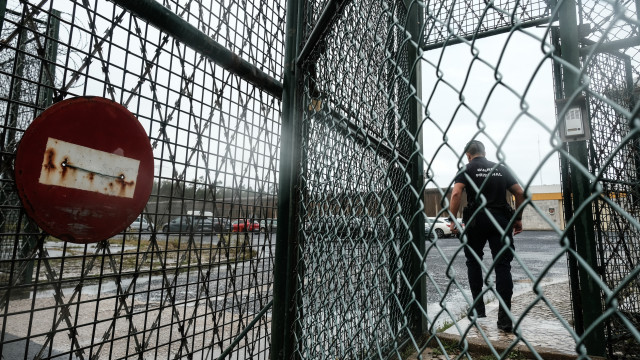
The decision by the Government to mitigate the absence of five aerial units in the 2025 Special Device for Combating Rural Fires (DECIR) has been described as “very harmful” by Vítor Paulo Pereira. Pereira expressed concerns over the impact on Alto Minho, an area characterized by mountainous terrain where aerial support offers more effective firefighting.
Pereira highlighted that the district remains in a particularly vulnerable position due to having a limited number of available firefighters. He emphasized that the issue transcends politics, focusing instead on safeguarding the population and preventing the severe consequences of potential wildfires, a recurring threat every summer. “With one less helicopter, the situation becomes more difficult,” he stated.
Authorities announced that to offset the reduced number of aerial units in DECIR 2025, one out of two units currently under maintenance at the Arcos de Valdevez heliport will be relocated to Portalegre.
Rui Rocha, Secretary of State for Civil Protection, acknowledged the difficulties arising from external factors, notably the deserted Air Force tender, which has impeded their ability to have the desired resources available promptly.
Pereira also pointed out the additional challenges faced by the region, including rugged terrain and adverse climate conditions, which have significantly increased the fuel load this year. “We are very concerned. The Government assured they would ensure the return of aerial support, but given the challenges of public procurement, we fear the helicopter may not be reinstated in time,” he noted.
DECIR 2025 initially planned for 79 aircraft; however, as the critical Delta phase approaches, from Tuesday until September 30, five aerial units remain unfulfilled.
From Tuesday, Portugal will also have access to a pair of medium amphibious planes, Fire Boss, within the rescEU program to deploy when national response capabilities are overwhelmed by extreme situations.
This initiative requires an investment of approximately 2.6 million euros, 75% funded by the European Commission, bolstering the aerial firefighting capacity for rural fires.
The rescEU program, part of the EU Civil Protection Mechanism, was designed to provide swift, effective, and coordinated responses to large-scale emergencies.




